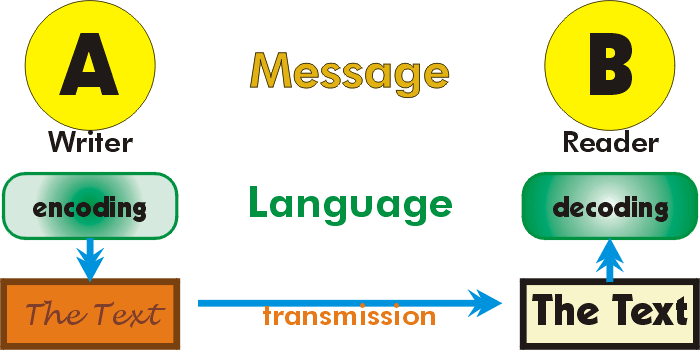What is Hermeneutics? Part A
The Goal of this course:
- “To understand the Scriptures better in our times.”*
Explanation:
| to understand | There should be no distinction between the head and the heart (in the Bible the heart is the place of deep thoughts, not emotions) |
| the Scriptures | i.e. “written”, by men and by God. We need to understand both in order to perceive the message. If we are not in fellowship with God, we will never understand it properly |
| Better | If we think that our theological systems are perfect, then we are never going to learn. Humility is one of the main prerequisites for understanding |
| in our time | Obviously the truth of God does not change, but we do not apply it in the same way as in Calvin’s time. They did not encounter abortion, evolution or pluralistic societies. |
Hermeneutics is Necessary
- Because of the authority of the Bible. (How can it exercise authority unless it is understood?)
- God does not “zap” us with instant understanding of all he wants us to know
- The Scriptures come in a earthly languages, with all the grammar & syntax that entails. In his wisdom, God chose Hebrew & Greek!!
- There are large differences in belief between Christians who believe the same Bible.
Hermeneutics is Possible
- Some have said that it is not possible for even two humans to have real communications. They write papers to prove this!!!
- Post-modernism, reader-response hermeneutic etc.
- Although there is a large historical and cultural distance between us and the original authors, we can bridge it because:
- Of the unity of mankind—we are one
- Human nature does not change
- God is still sovereign in history, even as he was then.
- The linguistics insights of Noam Chomsky (that all humans have a built-in “organ” in their brains, designed for the express purpose of communicating with each other by language) have strongly supported this position.
Interpreting and understanding.
Two models of Hermeneutics:
- Understanding the text: scientific analysis

There is a danger that the text can become autonomous and cut loose from the intentions of the author, especially the divine author. The focus is on a study of the text itself. People talk of “creative interaction with the text”. Even evangelicals can be guilty of this. They can be more interested in being “blessed” by a devotional reading than in finding out what God has said.
- Understanding the author: communication

There is a subtle but profound shift. The goal is to receive a message that has been communicated to us. The text is reduced to a medium, and not exalted above the author.
The transmission
- We do not have the original autographs in our possession.

- Textual criticism is a very complex subject, but
- No important doctrine is in any doubt
- The amount of textual evidence is astounding (compared with other ancient books)
- The level of agreement is remarkable
The Code
All communication has to be encoded in some form, (unless we are telepathic).
- Humans usually use a form called “language”
- This is not the only code we can use
- Most societies have developed a written version of the code
- Sometimes it is unrelated to the spoken sounds (Ancient Egyptian, Chinese)
- A language has some kind of:
- vocabulary
- grammar
- syntax
- There have also developed meta-structures such as
- paragraph
- subheading / subsection
- work
- document structuring (e.g. introduction / body / conclusion)
- Another development is genre, such as:
- narrative
- poetry
- letter
- Each genre has meta-structures appropriate to it
| Very important: The privilege of defining the code is the privilege of the writer |
Lewis Carol was making a very serious point.
- So, when you come to read a parable, or the book of revelation, you are not free to interpret the symbols how you wish. The human & divine authors have the privilege of defining what the terms mean. You can’t say “I like this idea.”
- Preachers sometimes say “I like the way this translation says it”. What they like is irrelevant—it is the translation that captures the intention of the author which should interest us.

*(with thanks to Dr. Amar Djaballah)
Updated 2009-10-12 (build:16) by Andrew Fountain